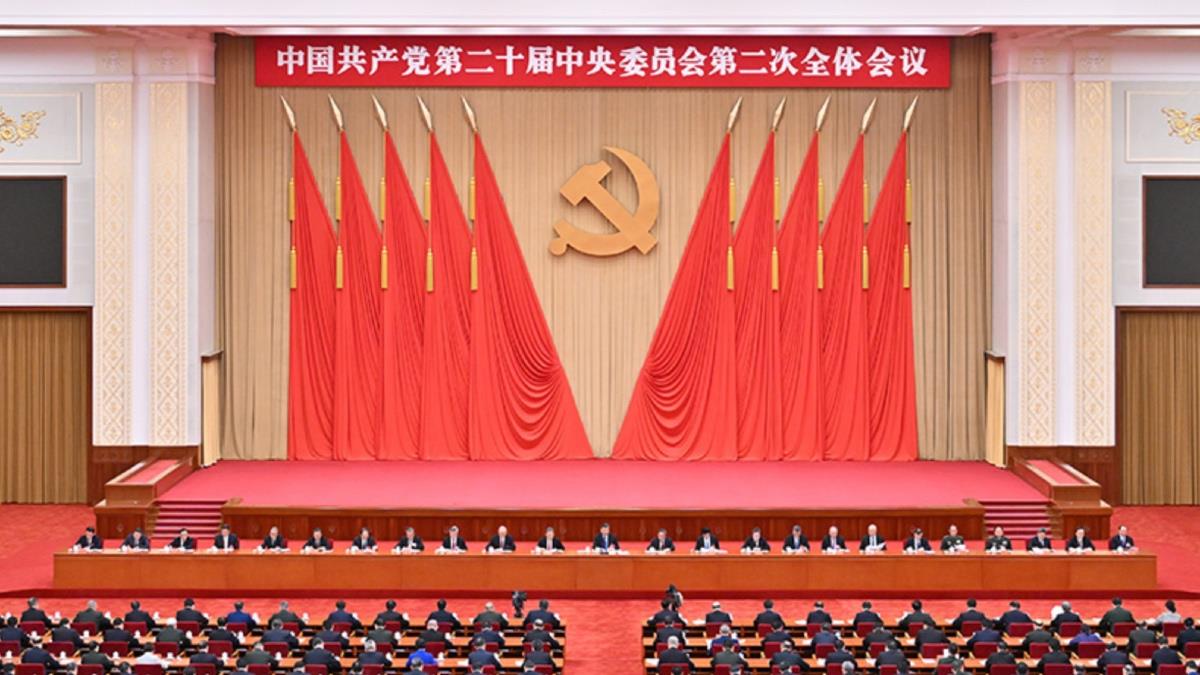
South Korean Officials Naive About Data Sovereignty
Data sovereignty refers to the idea that, just as national sovereignty resides with the people, the data generated by a country and its individuals should also be under their control. This means that countries and individuals or consumers should have the authority to decide when, where, how, and for what purpose their data are used.
With the ubiquitousness of the internet and AI, there is a growing emphasis on ensuring that the ownership of data can be determined by the nation and its people. Thus, nations have recently focused more on restricting and evaluating access to data – based on types of data and foreign entities – and strengthening data sovereignty.
Data sovereignty without differentiating partners and foesOn June 30, 2021, Didi Chuxing, often referred to as“the Chinese Uber,” proceeded with its IPO on the New York Stock Exchange, raising $4.4 billion despite strong opposition from Chinese authorities. The officials had urged a delay, fearing the IPO documents might contain sensitive personal and geographic information about China.
By July 2022, Chinese authorities imposed a fine of $1.19 billion on Didi Chuxing for violating cybersecurity laws, leading to the company's voluntary delisting. In response to these concerns, China enacted the Three Data Laws to regulate internet data processing. The three are the
-
Cybersecurity Law,
Data Security Law and
Personal Information Protection Law.
These laws introduced rules such as the Security Assessment Measures for Cross-Border Data Transfer, requiring government evaluations for transferring critical data overseas to protect data sovereignty.
In the West, including the US and Europe, China's actions against big tech and its data sovereignty measures have faced criticism for negatively impacting businesses. Yet, similar measures were soon adopted in these regions.

Legal Disclaimer:
MENAFN provides the
information “as is” without warranty of any kind. We do not accept
any responsibility or liability for the accuracy, content, images,
videos, licenses, completeness, legality, or reliability of the information
contained in this article. If you have any complaints or copyright
issues related to this article, kindly contact the provider above.






















Comments
No comment